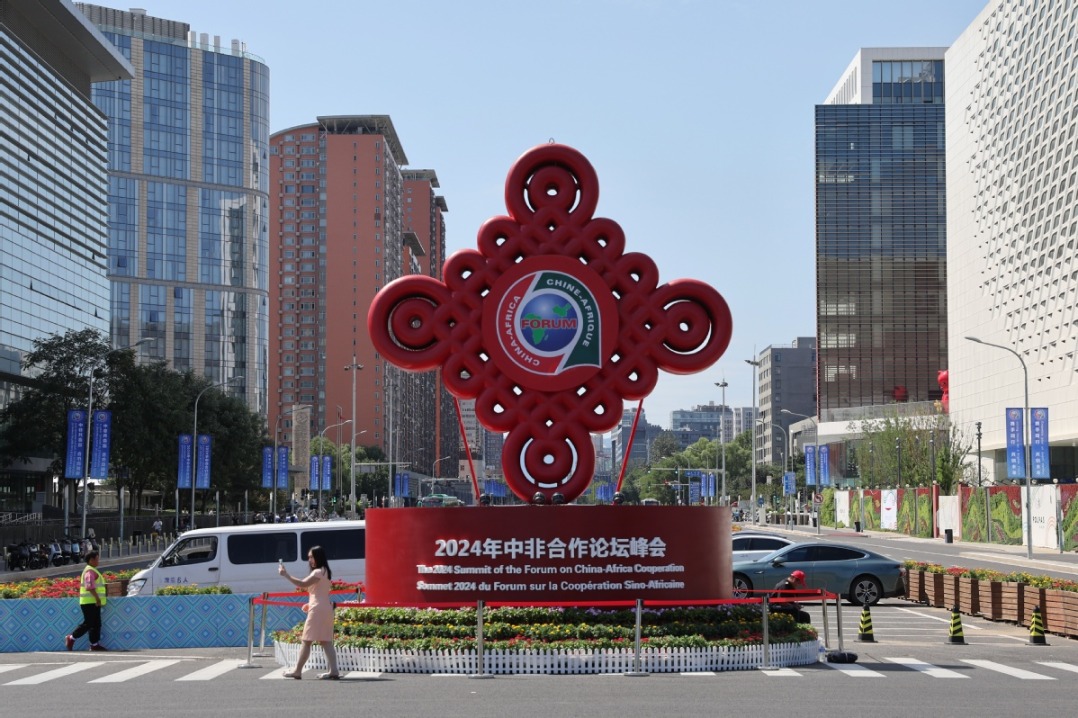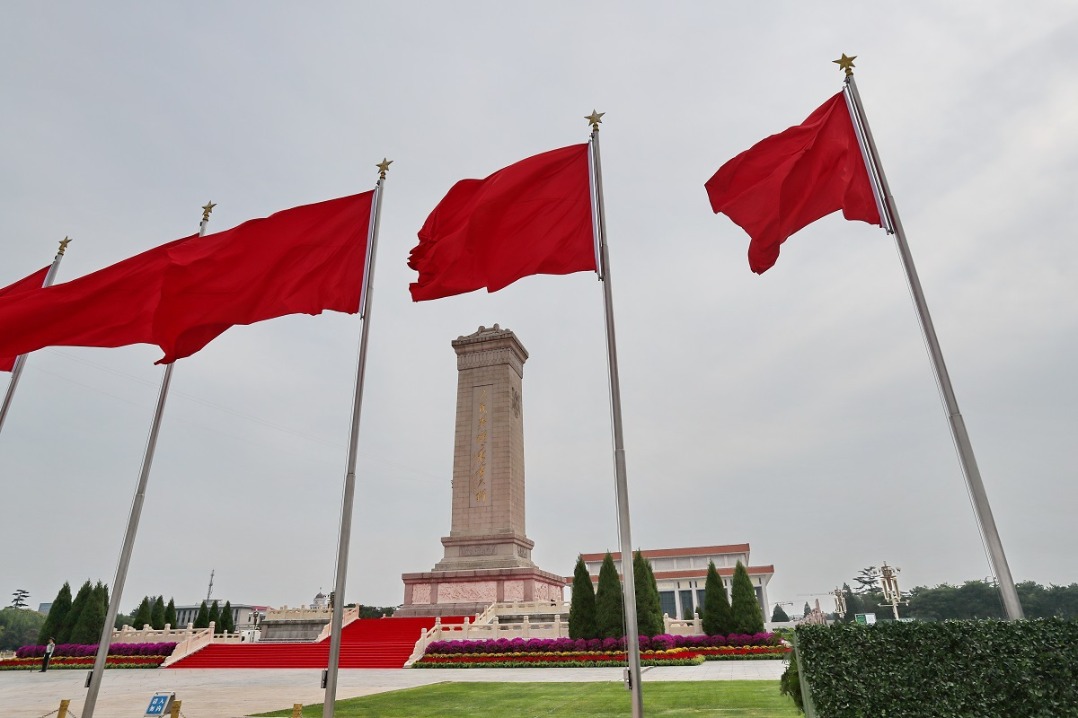New payment rule set to boost sector's sustainable development
By SHI JING in Shanghai and FAN FEIFEI in Beijing | China Daily | Updated: 2023-12-19 09:30

Regulation regarding non-bank players clarifies key aspects, taking effect May 1
The new rule for non-bank payment institutions, which will take effect next year, is conducive to the sustainable development of the fast-growing industry, experts and companies said on Monday.
The new rule for the supervision and administration of non-bank payment institutions, which was released on Sunday, has made clear the definition of such institutions, fine-tuned regulations on payment businesses, stated the purposes of protecting users' legitimate rights and interests, and clarified the regulatory and legal responsibilities of related parties.
Made up of 60 detailed measures, the new rule will take effect on May 1, 2024.
The People's Bank of China, the country's central bank, will shoulder supervisory and administrative responsibilities over these institutions. It will also be responsible for approving such institutions and making rules pertaining to the payment business, according to the new rule.
The PBOC said in a circular on Sunday that the registered capital threshold for a new non-bank payment institution has been set at 100 million yuan ($14 million), which should be paid-in monetary capital.
Payment businesses provided by these non-bank institutions will be divided into stored-value account operation and payment transaction processing.
At present, such payment businesses are divided into online payments, card acquiring and prepaid card businesses, the PBOC said.
Institutions engaged in the operation of stored-value accounts should not pay users interest or other income related to the balance of their payment accounts or prepaid funds.
Payment institutions should not embezzle funds or borrow from the reserve fund in any form. They should not use the reserve fund to provide guarantees for themselves or others, according to the circular.
Xiao Feifei, chief banking industry analyst at CITIC Securities, said the PBOC has gradually achieved comprehensive supervision over the channels, funds and data of payment platforms by taking measures such as centralized depository of reserves.
The new rule will help optimize the sector's structure by elevating entry thresholds, clarifying penalties, simplifying exit mechanisms, and avoiding regulatory arbitrage, she said.
Alipay, a mobile payment tool owned by Chinese financial technology company Ant Group, said, "The implementation of the new rule will lay a foundation for virtuous competition, and standardized and healthy development of payment institutions in the future."
The move will further strengthen the comprehensive and full-cycle supervision of payment institutions and be conducive to preventing risks in the payment industry, Alipay said.
The payment sector is expected to usher in a stage of further standardized and orderly development, which, in turn, will support the long-term growth of the real economy, it added.
Alipay said it will improve compliance and management of its payment business in accordance with rules and regulations, step up anti-fraud efforts and further strengthen the protection of customers' legitimate rights and interests.
WeChat Pay, Tencent Holding Ltd's digital payment arm, said the rule will guide payment institutions to attach more importance to product innovation and user services, and better meet the needs of customers for diversified payment methods.
It will also help improve regulatory efficiency of the payment sector, set a solid foundation for regulating the operations of payment institutions, and point the way for the high-quality development of payment services, the company said.
As of September-end, there were 185 non-bank payment institutions in China, serving more than 1 billion individuals and business entities.
These institutions process more than 1 trillion transactions worth nearly 400 trillion yuan ($56.08 trillion) annually, accounting for about 80 percent and 10 percent, respectively, of the total national e-payment businesses, according to the PBOC.
Non-bank payment institutions should play an active role in serving the real economy, boosting market vibrancy and providing more convenience to the people, PBOC said.
Douyin Pay, short-video app Douyin's mobile payment platform, said the company will improve its capabilities to serve the real economy and micro and small enterprises, strengthen legal compliance, and safeguard the security of payment transaction data and funds.
Qiu Han, senior vice-president of international online payment company PayPal and CEO of PayPal China, said the new rule will help establish a long-term and stable market environment, and ensure the healthy and sustainable development of the payment industry.
Qiu said the company maintains its long-term commitment to the Chinese market and will contribute to the high-quality development of cross-border trade.
Contact the writers at shijing@chinadaily.com.cn
























